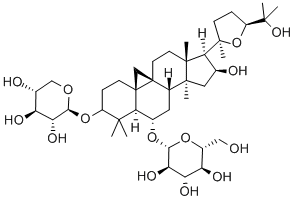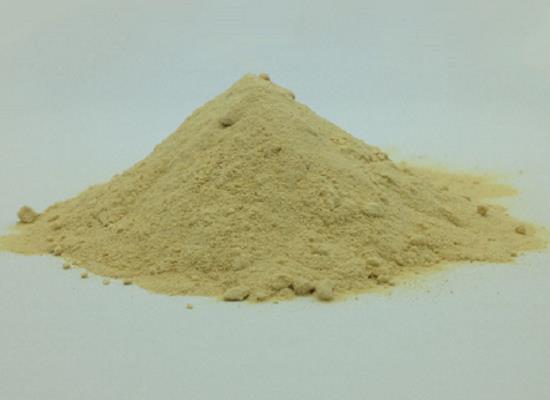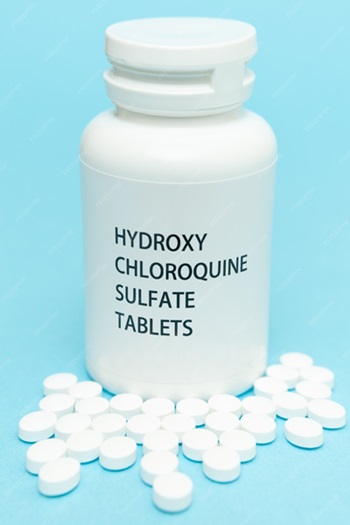The mechanism of action and storage method of Astragaloside IV
General description
Astragaloside IV, a prominent compound derived from the root of Astragalus membranaceus, has captured the interest of the scientific community due to its vast array of potential health benefits. This traditional Chinese medicinal herb, known for its ability to bolster the immune system and protect against diseases, contains astragaloside IV as one of its key active ingredients, contributing to its therapeutic efficacy[1].
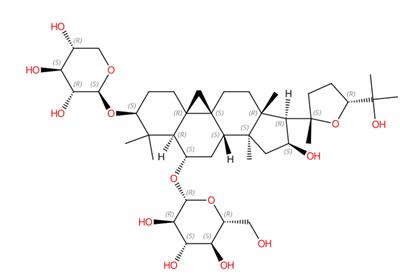
Fig.1 Structural formula of Astragaloside IV
Mechanism of action
Moreover, astragaloside IV has been shown to enhance the body's immune response. By stimulating the production of white blood cells and promoting the activity of macrophages, it aids in defending against bacterial, viral, and other pathogenic invasions. This immunomodulatory effect makes astragaloside IV a valuable adjunct in the treatment and prevention of infectious diseases.
In the realm of cardiovascular health, astragaloside IV offers promising benefits. Research suggests it can improve heart function, reduce symptoms of heart failure, and protect against myocardial ischemia-reperfusion injury. Its ability to promote blood flow and prevent the formation of blood clots further underscores its potential as a therapeutic agent for cardiovascular diseases.
Astragaloside IV also demonstrates neuroprotective effects, offering potential benefits in the management of neurodegenerative diseases such as Alzheimer's and Parkinson's. Studies indicate it can enhance cognitive functions, reduce neuronal damage, and modulate the pathways involved in the progression of these diseases, suggesting a protective role against cognitive decline.
Diabetes management is another area where astragaloside IV shows potential. By enhancing insulin sensitivity and promoting glucose uptake in peripheral tissues, it may help in regulating blood sugar levels. Additionally, its antioxidant properties can mitigate diabetes-related complications, such as nephropathy and retinopathy, by protecting against oxidative damage.
Despite these promising findings, further research is necessary to fully understand the mechanisms behind astragaloside IV's effects and to establish its safety and efficacy in humans. Clinical trials are crucial to determine optimal dosages, potential side effects, and long-term impacts of its use[2].
In conclusion, astragaloside IV, with its broad spectrum of therapeutic properties, represents a promising candidate for the development of novel treatments for various diseases. Its potential to modulate immune responses, protect against oxidative stress, and improve cardiovascular and neurological health highlights the significance of traditional herbal medicine in modern therapeutic practices. As research progresses, astragaloside IV may play a pivotal role in advancing healthcare and improving patient outcomes.
Storage method
Temperature Control
Astragaloside IV should be stored at a cool and stable temperature. Room temperature (around 20°C to 25°C) is typically adequate, but some sources suggest that cooler conditions (4°C) may prolong its shelf life. Avoid exposure to high temperatures as it can lead to degradation of the compound.
Light Sensitivity
Like many other sensitive compounds, astragaloside IV should be protected from direct sunlight and intense light sources. Ultraviolet (UV) and intense light can induce photochemical reactions, leading to the degradation of the compound. It is advisable to store astragaloside IV in amber-colored or opaque containers to minimize light exposure.
Moisture Control
Moisture can significantly affect the stability of astragaloside IV. It should be stored in a dry environment to prevent hydrolysis and other moisture-related degradation processes. Desiccants can be used in storage areas to maintain a low-humidity environment. Ensure the container is tightly sealed to prevent moisture ingress.
Air Exposure
Oxidation is another factor that can affect astragaloside IV stability. Limiting exposure to air can help prevent oxidative degradation. Use air-tight containers for storage and minimize the frequency and duration of exposure to air when handling the compound.
Material of Container
The material of the storage container can also influence the stability of astragaloside IV. Glass containers are generally preferred over plastic ones, as they offer better protection against moisture and are less likely to interact chemically with the contents.
Shelf Life and Expiration
Pay attention to the expiration date provided by the manufacturer. Although proper storage can help maintain the stability of astragaloside IV, it is not advisable to use the compound past its expiration date as its efficacy and safety may be compromised.
References
[1]Ren S, Zhang H, Mu Y, et al. Pharmacological effects of Astragaloside IV: a literature review[J]. Journal of Traditional Chinese Medicine, 2013, 33(3): 413-416.
[2]Li L, Hou X, Xu R, et al. Research review on the pharmacological effects of astragaloside IV[J]. Fundamental & clinical pharmacology, 2017, 31(1): 17-36.
You may like
Related articles And Qustion
Lastest Price from Astragaloside IV manufacturers
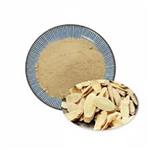
US $1200.00-1100.00/ton2025-10-17
- CAS:
- 84687-43-4
- Min. Order:
- 1ton
- Purity:
- 99%
- Supply Ability:
- 1000T/M
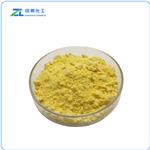
US $200.00-85.00/kg2025-04-15
- CAS:
- 84687-43-4
- Min. Order:
- 1kg
- Purity:
- 99%
- Supply Ability:
- 20ton
